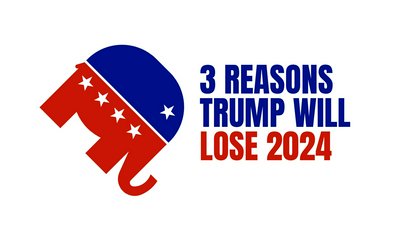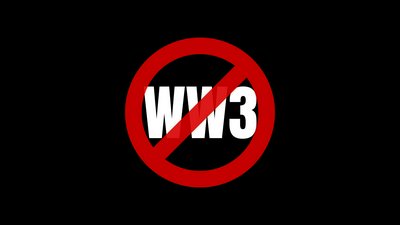economyParis
Why True Innovation Is Rare and Unevenly Distributed, and What We Can Do About It
True innovation remains a rare feat, and innovation is unevenly distributed and heavily skewed towards some economies. Dr Jiulin Teng points to five explanat...
Published by Dr Jiulin Teng on 09 May 2020 · Updated on 25 Jul 2021

Economy history is written by innovators. Fundamental changes in the means of production and in business models continually displace old industries with more economically efficient ones.
We could argue about the social values of these changes and the need of public / governmental intervention in the interest of fairness and equality. However, interventions are complements to changes in our economic lives that are triggered by innovation, not substitutes. Brought to the extreme, when all productions are undertaken by automation a socialist economic system may be necessary to sustain the social systems.
Unevenly Distributed Innovation
An observation on innovation that many share, however, is that true innovation remains a rare feat, and that innovation is unevenly distributed and heavily skewed towards some economies.
My observation of various cultures and economic systems leads me to believe that five main reasons contribute to this disparity. While I looked specifically at the Chinese system as an example, these reasons manifest beyond national borders:
- Impatience is common in modern culture. Much depends on getting results as quickly as possible. This sparks short-termism. In contrast, innovation tend to require long-term investments in both money and brain-power. Moreover, true innovations frequently result in failures; without a system to reward failed innovative attempts, few willingly engage in true innovation.
- Education is often strong on the answers but is considerably weaker in asking the questions. As a result, we are excellent in presenting known facts but considerably weaker in seeking the unknown.
- Conformity is frequently a strong feature of societies. Innovation, on the other hand, requires norms to be broken. The stronger the norms, the harder it is to think outside the box.
- Systematic innovation whereby methods of validation, organization, commercialization, and scaling are tightly managed to bring innovation to economic impact is weak and prioritizes short-term monetary returns. However, innovations with the most profound impacts tend not to be profitable in the short-term. Examples are the computer, the internet, mobile communications, and GPS, etc. By contrast, myopic "incubators" tend to produce apps and social media "influencers".
- Funds are unfortunately a prerequisite, too, that limits what can be done and what cannot.
Addressing Innovation
Some of these are easier to address than others, and not always without considerable costs (that could make it unwise to address them). Still, I strongly believe that a coherent, long-term strategy at the national and international levels could and should be carried out over decades.
The most immediate step that may be taken is greater emphasis and investment in systematic innovation: It should go beyond a selective in universities where students sleep in. Instead, a system that inspires and facilitates innovation progressively and methodically should be designed and implemented.
At the same time, we need a system that credits innovators who fail to produce intended results instead of that one that allows winners to "take all". This partially reduces the disincentive to innovate in the "impatience" culture common in developing economies (and increasingly developed ones), though it is insufficient to completely remove it—that will come as human development is improved (unless we fall into the neoliberal trap).
Last but not least, educators need to become more apt at inspiring intellectual curiosity. This will be a slow and gradual process.
In essence, what I'm talking about is to guide the "free market" of innovation with governmental intervention. This approach acknowledges that the culture of a society and the stage of economic development cannot and should not be effectively "intervened": they are lagging indicators of the society.



